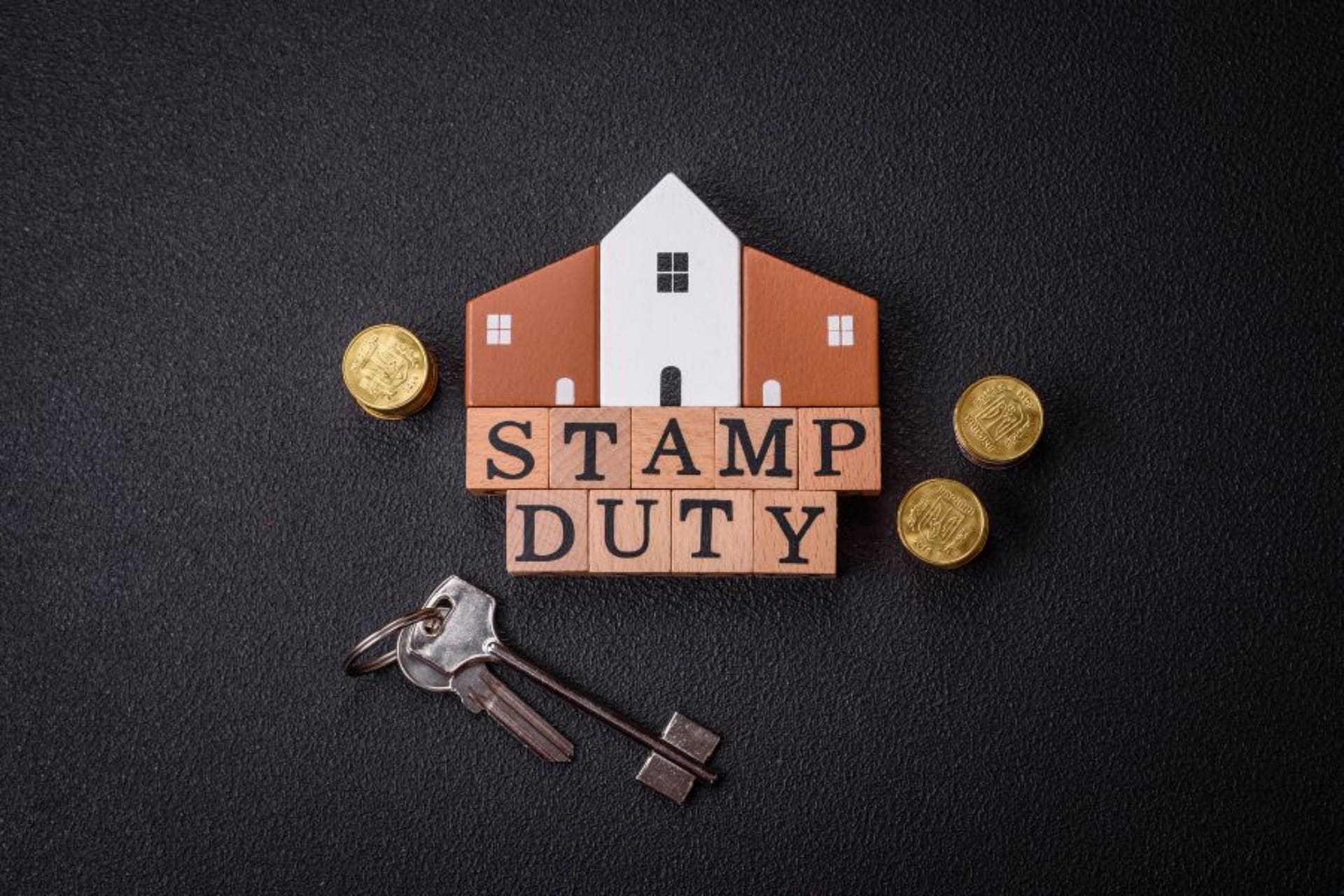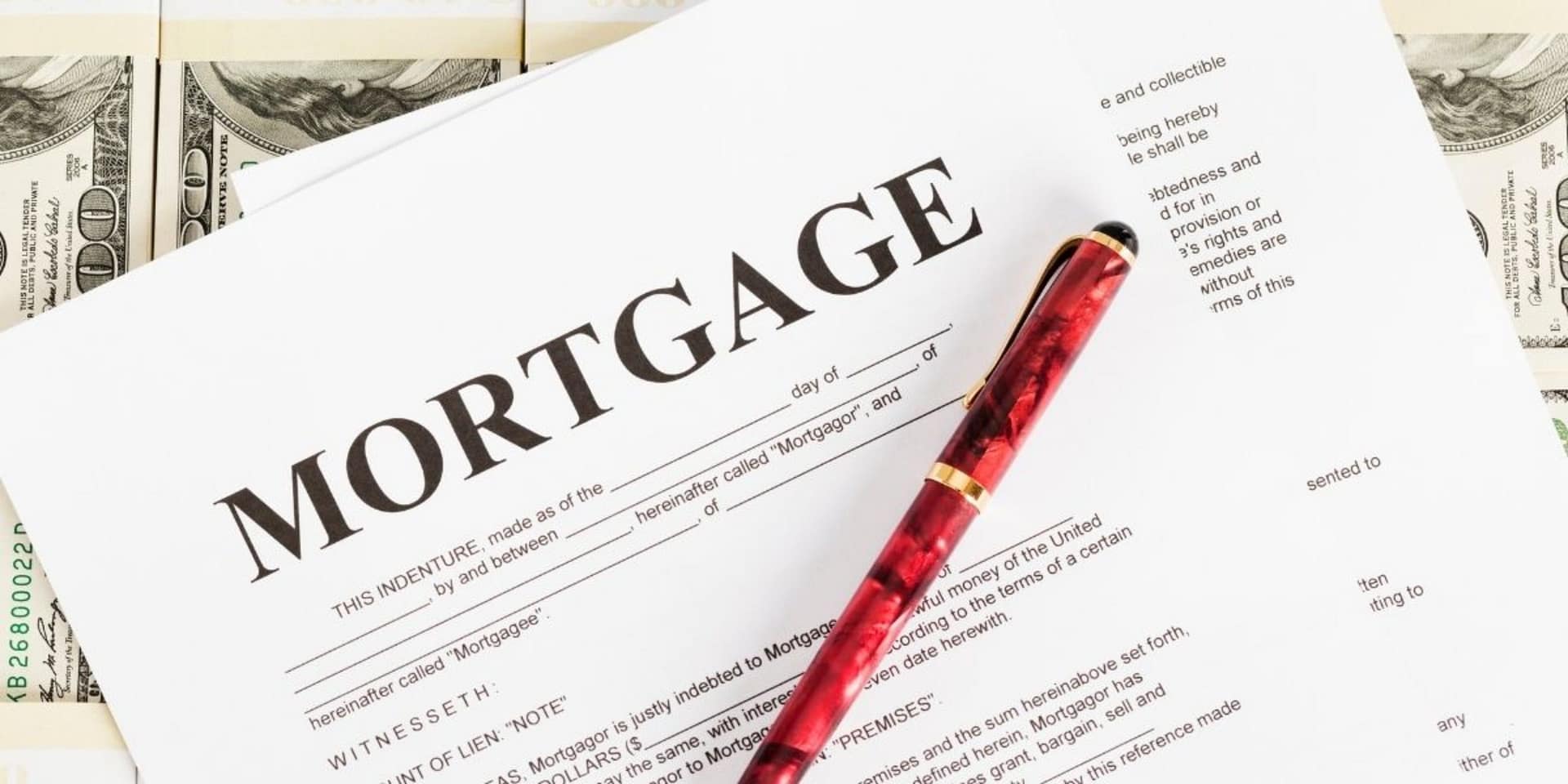When you’re selling a house, it can be tempting to fix every little problem to make it look perfect for potential buyers. But is that really necessary? Not all repairs and improvements add value or result in a higher selling price. Some fixes may even cost more than the return you’ll get.
To help you make the best decisions, we’ve created this article to answer common questions about what not to fix when selling a house.
Table of Contents
ToggleShould I Fix Cosmetic Issues Like Minor Cracks and Peeling Paint?
Cosmetic issues, such as minor wall cracks or peeling paint, might seem like a big deal to you, but they’re often not as important to buyers. In many cases, buyers expect some level of wear and tear, especially in older homes.
Why It’s Not Always Worth Fixing:
Buyers’ Expectations: Most buyers know that minor imperfections are part of the package when buying a previously owned home. A small crack in a wall or some paint that’s peeling isn’t likely to be a dealbreaker.
Cost and Time: Fixing minor cosmetic issues takes time and money. If the problem doesn’t affect the home’s functionality, it may not be worth the investment before selling a house.
Room for Personalisation: Some buyers prefer to personalise their new home, choosing their own paint colours and décor. Fixing cosmetic issues might end up being unnecessary, as the buyer could plan to repaint or redecorate soon after moving in.
When It Might Be Worth It:
If your home has significant damage that makes it look poorly maintained, such as large cracks or peeling paint throughout the entire house, it could turn off potential buyers. In this case, fixing these issues could help you make a better impression.
Is It Necessary to Renovate Old Bathrooms or Kitchens Before Selling a House?
Kitchens and bathrooms are often seen as the heart of the home, and you might think that a renovation would impress buyers. However, a full renovation can be very expensive and may not add as much value as you expect.
Why a Full Renovation Might Not Pay Off:
Buyer Preferences: Just like with cosmetic issues, many buyers have their own tastes. They might prefer to update the kitchen or bathroom themselves to match their style.
High Costs: Renovating a kitchen or bathroom can cost tens of thousands of dollars. If the rest of your house is in good condition, an outdated kitchen or bathroom is unlikely to lower your home’s value enough to justify that cost before selling a house.
Partial Updates: If you’re concerned about how these rooms appear, consider smaller, less expensive updates like replacing the cabinet hardware, painting the walls, or updating light fixtures.
When It Might Be Worth It:
If your kitchen or bathroom is in extremely poor condition—such as broken tiles, mould, or non-working fixtures—it may be worth doing some repairs. In this case, fix only what’s necessary to make the space functional and clean, rather than opting for a full renovation.
Also Read: 10 Key Steps on How to Sell Apartment in Australia
Do I Need to Replace Outdated Appliances or Fixtures Before Selling a House?
Outdated appliances and fixtures, like an older fridge or dated lighting, might make your home look less modern, but replacing them before selling a house isn’t always necessary.
Why It’s Usually Not Worth Replacing:
Buyers’ Plans: Some buyers may already have plans to replace the appliances with newer models of their own choosing. Others might be happy to buy the house without needing new appliances right away.
Appliance Costs: High-end appliances can cost thousands of dollars, and they might not add enough value to the selling a house final price to justify the investment. Many buyers are focused on the home’s overall structure and potential rather than the age of specific appliances.
Fixtures: Fixtures like taps, light switches, and cupboard handles can be easily replaced by buyers after they move in. These items are relatively inexpensive but may not make a big enough difference in the buyer’s decision to purchase.
When It Might Be Worth It:
If your appliances are broken or very outdated, replacing them with basic, budget-friendly models can improve the home’s overall appeal. But there’s no need to invest in luxury models—buyers will likely upgrade to their own preferences.
Should I Address Non-Urgent Repairs, Like Minor Plumbing or Electrical Issues?
Small plumbing or electrical issues, such as a slow-draining sink or a light switch that doesn’t work, may seem like things you should fix before selling a house. But are they really worth the time and money?
Why Non-urgent Repairs Can Be Skipped:
Buyers’ Priorities: Minor plumbing or electrical issues usually aren’t enough to scare off a buyer. If they’re interested in your home, they’ll likely be willing to take on small repairs themselves after purchasing.
Disclosure: You’ll need to disclose any known problems, but not all minor issues need to be fixed. If the repairs aren’t urgent and don’t affect the safety or habitability of the home, buyers may choose to handle them after they move in.
Cost of Repair: Small repairs can add up quickly, especially if they require hiring a professional. Unless these issues are causing ongoing damage (e.g., a leaking pipe), it may not be worth addressing them before listing.
When It Might Be Worth It:
If you have any major plumbing or electrical issues, such as faulty wiring or leaking pipes, it’s crucial to fix those. Safety issues can turn buyers away or lead to failed inspections.
Is It Worth Fixing Landscaping or Outdoor Areas That Need Minor Improvements?
Curb appeal is important, but does that mean you need to fix every detail in your garden or outdoor space?
Why Minor Outdoor Fixes Might Not Matter:
Buyer Focus: Buyers are often more interested in the home’s interior, layout, and overall condition than in the garden or outdoor areas. As long as your home looks presentable, small outdoor imperfections are unlikely to affect the sale.
Ongoing Maintenance: Outdoor repairs and improvements can be costly and time-consuming. Mowing the lawn, trimming bushes, and cleaning up debris are usually enough to make your outdoor space look neat. There’s no need to invest in major landscaping work unless the yard is in very poor condition before selling a house.
Buyer Preferences: Just like with interior updates, buyers may prefer to landscape the garden to suit their own tastes after moving in.
When It Might Be Worth It:
If your outdoor space is severely overgrown or has obvious problems (such as a broken fence or dead trees), making basic repairs could help attract more buyers. However, these repairs don’t need to be extensive—a little cleaning and maintenance can go a long way.
Keep the Right Perspective When Preparing to Selling a House
Fixing every little thing in your home before selling a house might sound like a good idea, but it’s important to focus on what will really matter to potential buyers. Not every fix will give you a return on your investment, and some things are best left for the new owners to decide.
At CJC Law, we understand that selling a house can be a complex process, and we’re here to provide the legal guidance you need to make informed decisions. Our experienced conveyancers can help ensure that every step, from listing your home to the final settlement, goes smoothly.
Contact us today for professional advice on all aspects of selling a house, and let us help you with a stress-free transaction.




